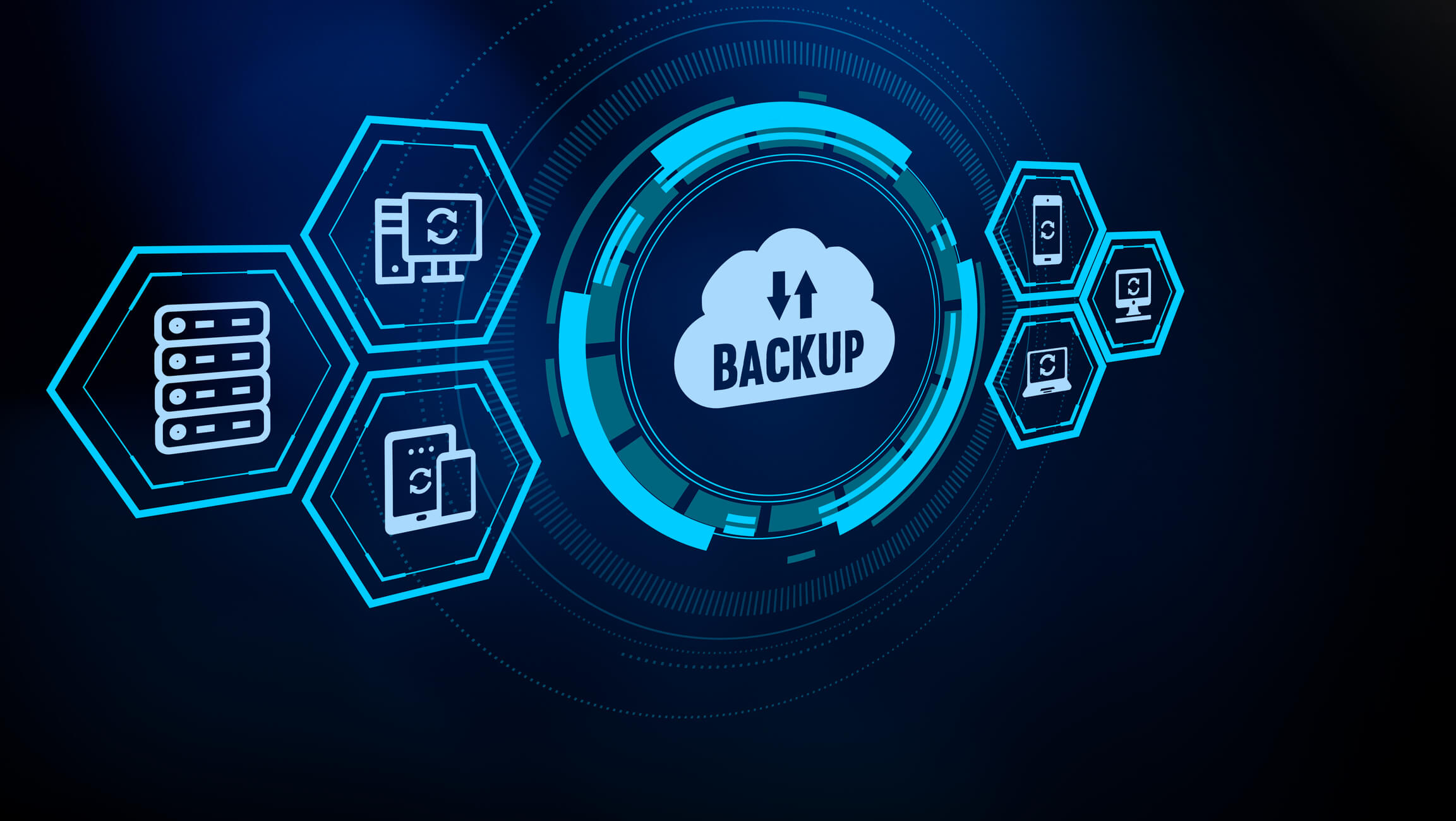Running a business already comes with enough responsibilities; losing data shouldn’t be another one. Yet, for many companies across Indiana, that risk is very real. Maybe a server crashes. Maybe someone deletes the wrong file. Maybe access credentials are stolen. Or maybe a storm knocks out your office’s power. All those things can delete critical data fast.
Without a clear backup plan, even a single failure can shut business operations down. And for a small business, that downtime can be costly. That’s where data backup and recovery for small businesses comes in.
Having a plan doesn’t just protect files. It protects your customers, your reputation, and the future of your company. Let’s look at why this matters so much and what options small business owners have when it comes to affordable and effective data backup solutions for small businesses.
Why Data Backup Matters for Small Businesses
The importance of data backup and recovery can’t be overstated. A single incident, like an employee accidentally deleting files or a server crash can lead to serious data loss. Customer records, invoices, payroll, or compliance documents could all disappear in seconds.
And here’s the part many business owners overlook: recovering data is often much harder than it sounds. Without the right backup system, a full recovery may not even be possible. That’s why experts recommend that every SMB have a business disaster recovery plan in place.
Think of it this way: protecting data is protecting business continuity. Files aren’t just “documents”, they’re the foundation of your day-to-day work.
The Risks Small Businesses Face
Small businesses often assume cybercriminals won’t bother targeting them. Unfortunately, the opposite is true. Attackers know SMBs usually have weaker defenses, making them prime targets for ransomware.
Critical data can disappear in many ways a server crash, an employee mistake, stolen credentials, or even storm damage.
The reality is simple: without small business data backup, all it takes is one mistake or event to cause permanent damage.
Backup vs. Recovery: What’s the Difference?
Backups give you safe copies of your files. Recovery is the process of pulling those files back fast when you need them. Both matter. Without reliable recovery, backups are just files sitting in storage.
At Elsewhen Technology, we’ve seen the difference between companies with tested backup processes and those without. The businesses with clear recovery time objectives (RTO) and recovery point objectives (RPO) bounce back quickly. Others often face days or even weeks of downtime.
That downtime isn’t just inconvenient. It can hurt customer trust and cost real money.
Types of Backup Solutions for Small Businesses
There’s no single best way to back up data. Instead, it comes down to choosing the right backup methods for your company’s size, budget, and compliance needs.
01. Local Backups
Using external hard drives or on-site servers is common. Local backups are fast and simple but vulnerable to theft, fire, or hardware failure.
02. Cloud Backup for Small Business
More small businesses are turning to cloud storage because it keeps copies of files safe outside the office. It gives staff remote access when needed and protects data if something happens to on-site equipment. Features like file versioning and built-in redundancy also make recovering lost data much simpler.
03. Hybrid Approaches
Many businesses use a mix of on-site and cloud. This balance provides both speed and safety. It’s often the best data backup strategy for small businesses because it combines convenience with security.
Backup Frequency and Policies
How often should a business back up data? The answer depends on your operations. Some companies can back up daily, while others need real time or hourly backups to avoid losing critical data.
The key is consistency. Having a clear data backup policy for businesses keeps everyone accountable. Employees should know what gets backed up, where it’s stored, and how long it’s retained.
At Elsewhen Technology, we will have backup frequency recommendations that match the rhythm of your business. For example, an accounting firm may need hourly backups during tax season, while a retail shop might only need daily backups.
The Cost of Data Recovery
Many business owners wonder about data recovery costs for small businesses. The truth is, it varies widely. Simple file recovery from an external hard drive may cost little. But recovering data after a ransomware attack or from a severely damaged server can be expensive.
That’s why affordable data backup services are so valuable. Prevention is always cheaper than recovery. Investing in a reliable backup system now can save thousands later.
Compliance and Data Protection
Regulatory compliance is another reason to take backup seriously. Industries like healthcare, finance, and retail all have strict requirements. HIPAA, PCI, and GDPR all demand specific approaches to data security measures and data loss prevention.
Losing sensitive data doesn’t just create operational headaches. It can result in legal penalties, lost customers, and damaged trust. A strong backup plan shows customers and regulators that you take data protection seriously.
Disaster Recovery for SMBs
Backup alone isn’t enough. Recovery speed is just as important. That’s where a business disaster recovery plan comes in. This plan should detail:
- How backups are tested.
- Who is responsible for restoring data?
- How long recovery should take (RTO).
- How much data can be lost without disrupting operations (RPO).
For disaster recovery for SMBs, planning ahead is essential. When something goes wrong and eventually it will, you want to be able to restore operations quickly.
Building the Right Backup Strategy
The best data backup strategy for small business depends on your needs. Ask yourself:
- What data is most critical?
- How often does it change?
- What regulations apply?
- How much downtime can you tolerate?
Answers to these questions will shape your backup methods, whether that’s local, cloud, or hybrid. And remember: backups are only useful if they’re tested. Regular backup testing ensures your files can actually be restored when needed.
Local Perspective: Indiana Small Businesses
Here in Indiana, we’ve worked with businesses of all sizes, from small shops in Kokomo to professional offices in Indianapolis. A common theme is that many owners don’t realize how vulnerable they are until something happens.
One local manufacturer learned this the hard way when a server crash wiped out years of production data. Because we had already set up a hybrid backup system, they were able to restore operations within hours.
That’s the difference between business continuity and total shutdown.
Protecting Your Business Moving Forward
The importance of data backup and recovery for small businesses comes down to one word: survival. Data loss can happen at any time, from ransomware to hardware failure to accidental deletion. Without a strong plan, recovery may not be possible.
For small businesses, having clear backup processes, affordable solutions, and a tested business disaster recovery plan is the best way to protect customer data, stay compliant, and keep operations running.
Don’t wait until data loss happens. If you’re unsure your backup setup is enough, reach out to our team at Elsewhen Technology. We help Indiana businesses review their systems, identify risks, and build a recovery plan that keeps data safe and operations running.
Frequently Asked Questions (FAQ)
Why is data backup important for small businesses?
Backups protect critical data from hardware failures, human error, ransomware, and natural disasters. Without them, recovery may not be possible.
How often should a business back up data?
It depends on your operations. Some businesses need daily backups, while others require real time protection. A clear data backup policy for businesses ensures consistency.
What is the best data backup strategy for small businesses?
A hybrid approach, combining local backups with cloud storage, usually provides the best balance of speed, safety, and redundancy.
How much does data recovery cost for a small business?
Costs vary. Simple recoveries may be inexpensive, while recovering from ransomware or severe damage can be costly. Prevention with affordable backup services is always cheaper.
Do SMBs need a disaster recovery plan?
Yes. A business disaster recovery plan outlines how to restore operations after data loss. It defines recovery goals and keeps downtime to a minimum.


